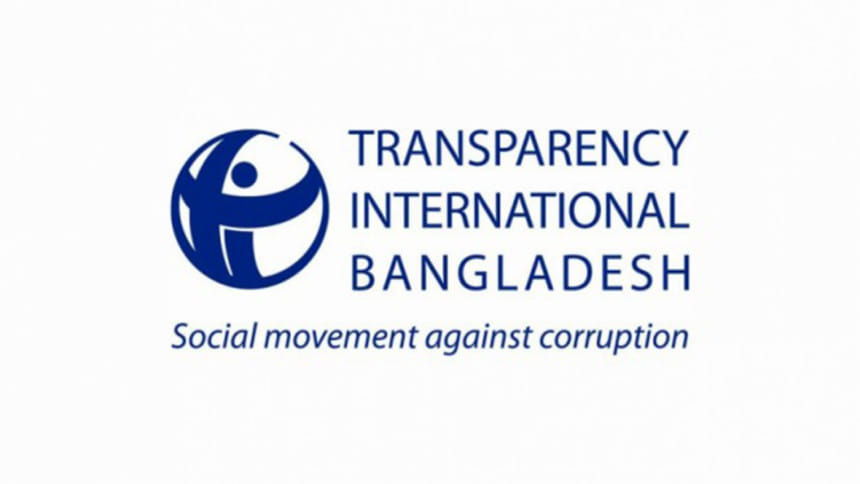Can public procurement process be freed of corruption?

The departments that provide public service are particularly the targets of public contactors out to make a quick buck, most often than not, at the cost of the public. And in order to avoid extraneous pressure, political influence, physical threats and tender baaji, and even tender box snatching, the government had introduced a novel method keeping in mind the development of IT in the country. The introduction of electronic government procurement (e-GP) system was an honest endeavour intended to convert the process of public procurement from manual into technical. It was designed to not only get rid of the tons of paperwork involved with procurement but also to obviate the possibility of incidents like tender box snatching—since there would be no tender box to snatch under the new system, preventing tender submission physically—and avoid the hordes of contractors and their supporters descending on the office premises of respective government departments turning them into a battlefield.
But regrettably, even after nearly a decade since the system was introduced, the results are not what one had expected. Given the innovative capabilities coupled with the slyness of the unscrupulous contractors, their sponsors and minions, ways have been devised to beat the system. According to a report of the Transparency International Bangladesh (TIB), the system is still hamstrung by political influence and syndication. And it is these cabals that determine who wins a particular contract. This applies particularly to four government institutions—Local Government Engineering Department, Road Transport and Highways Division, Bangladesh Water Development Board, and Bangladesh Rural Electrification Board. These four bodies were allotted about 20 percent of the country's annual development budget in the 2019-2020 fiscal year.
Regrettably, the much-desired transparency and accountability that the new procurement system had intended can never come unless political influence is purged, the rules and regulations stipulated for those in the government dealing with procurement are religiously adhered to, and the nexus between contractors, political leaders, and officials of the offices concerned tampering with the process to secure contracts—like using others' certificates and licenses—is stopped. It is also worth looking at the five recommendations that the anti-graft watchdog has made in this regard.

 For all latest news, follow The Daily Star's Google News channel.
For all latest news, follow The Daily Star's Google News channel. 







Comments